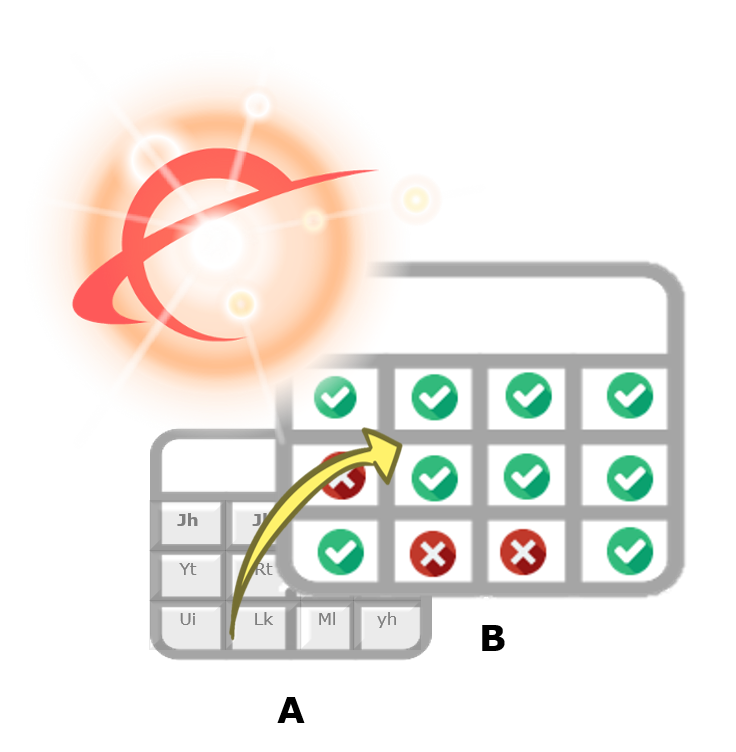Instantly identify the impacts of a regression
 Eliminate regressions between IT environmentsInsight #3 :Instantly identify the impacts of a regression!
Eliminate regressions between IT environmentsInsight #3 :Instantly identify the impacts of a regression!
- Multiple environments, the normTo secure developments and by extension information systems, companies replicate their information systems in various environments:dev, test, UAT, QA, Int, pre-prod, prod, and others!Time, a regression acceleratorThe nuances between environments are generally minimal initially...,But the life cycle of each piece of information in each environment is different, which mechanically accentuates the disparities.

- The impacts of such regressionses
- Growing differences end up generating damaging regressions. Indeed, the data manipulation tools reflect these differences massively on entire chains, whether in the feed layers or in the dataviz layers.

- A dashboard can have part of its answers missing or wrong if a field is missing in a table,
- The results of aggregation functions (and therefore certain analyses) may be invalid if there is an additional field,
- If a field is not of the same type (String, Integer, Date, etc.), a database function will not return the same result, or may not work at all,
- ....
Structural modifications are not neutral, they can have significant and sometimes unexpected impacts on the rest of the System.
- Data lineage to identify regression impacts
- 1- Identify regressions: compare hashes
- {openAudit} will daily scan the database structures in the different environments, ie schemas, tables, fields, views.
- A "hash" will resume the fields, the types of fields, the order of fields, the standardized script (in the case of views),
The same table will have to point to the same “hash” in 2 distinct environments. Thus, even extremely limited structural changes are immediately identified - 2- Identify the impacts of regression through technical data lineageOnce you know that there are fields that differ (between the prod and my pre-prod for example), {openAudit} will allow you to know the impacts:
- If {openAudit} detects that this field does not produce data used in a dashboard or a query, it will be a minor regression. This will be an opportunity to carry out decommissioning to lighten the System.
- If, on the other hand, {openAudit} detects usage in a dashboard or a query at the end of a flow, then the regression is impacting, and the necessary corrective measures will have to be taken.






Commentaires
Enregistrer un commentaire